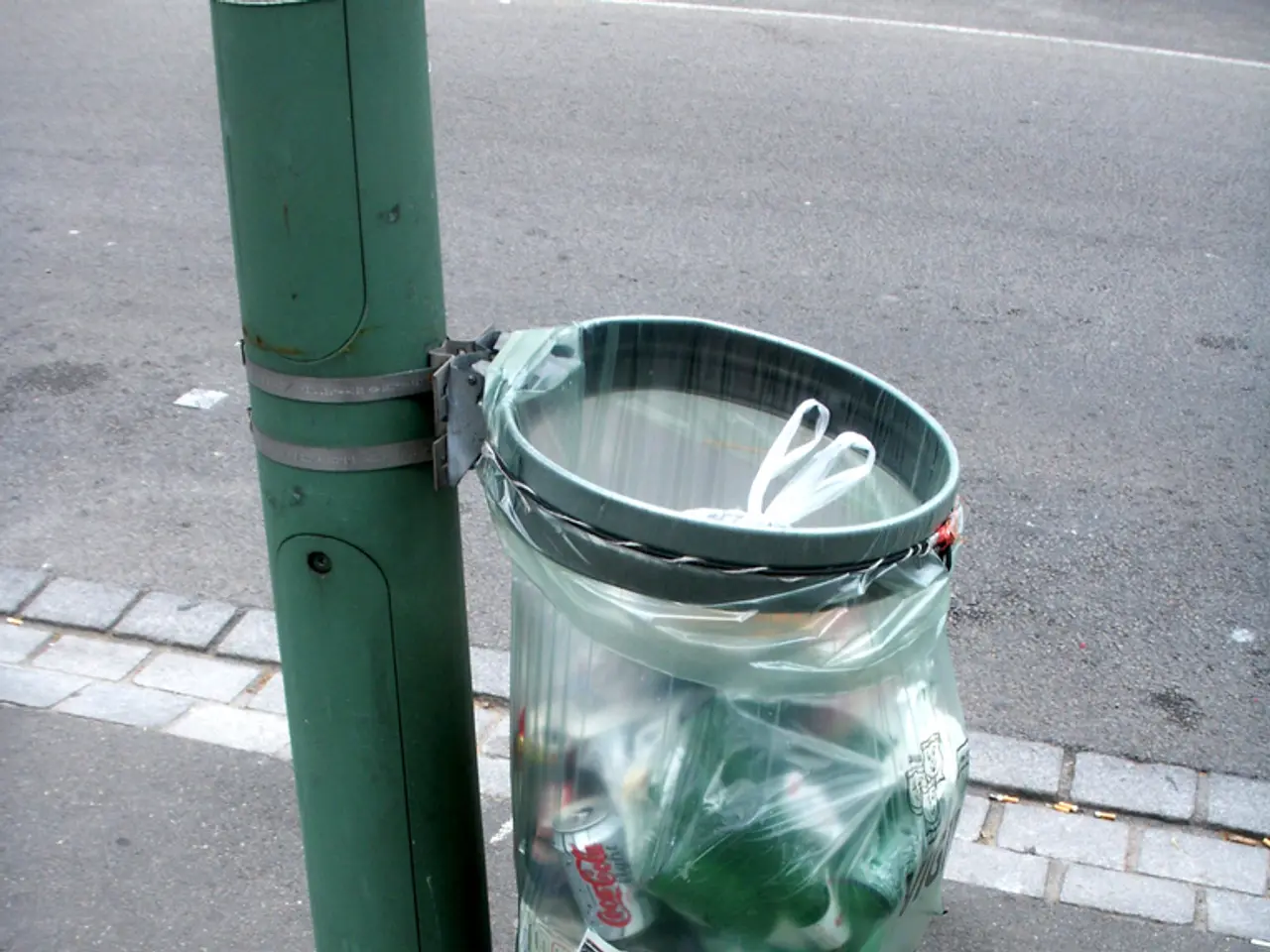Israeli government's opposition to sanctions in the Gaza conflict consistently unwavering - "Never under any conditions"
In the midst of the ongoing humanitarian crisis in Gaza, German political parties are showing a cautious but gradually shifting stance on sanctions against Israel. Historically, Germany has maintained strong support and economic ties with Israel, including arms supplies, due to a special historical responsibility. However, internal pressure within the governing coalition and broader EU calls are pushing Germany to reconsider its position.
Chancellor Friedrich Merz and the German government have condemned the intense Israeli bombardment of Gaza, calling for a ceasefire and humanitarian aid access. Yet, they have stopped short of endorsing sanctions or suspending Israel’s EU association agreements outright. Merz has emphasized that Germany’s stance remains linked to historical commitments and a high threshold for sanctions, requiring further deterioration in the humanitarian situation or forced displacement before more concrete actions are taken.
The SPD, as junior partner in the coalition, advocates for at least suspending trade parts of the EU-Israel agreements to increase pressure, signaling internal governmental debate. Meanwhile, EU Commission proposals to partially suspend Israel from Horizon Europe programs and trade agreements have stalled due to Germany's reluctance, drawing criticism from other EU states and political groups. Officials also stress pursuing a two-state solution and opposing unilateral Israeli actions such as West Bank settlement expansions.
Johann Wadephul, the German Foreign Minister from the CDU, sees the situation in Gaza as intolerable and calls for immediate change. He will travel to the occupied West Bank for talks with Palestinian President Mahmoud Abbas. Wadephul warns that Israel risks international isolation if there is no fundamental improvement for the people in Gaza.
Dirk Wiese, SPD faction leader, calls for a toughening of Germany's Israel policy. He describes the humanitarian situation in Gaza as a man-made catastrophe and criticizes the Israeli government for not fulfilling its international legal obligations. On the other hand, Martin Huber, CSU General Secretary, rules out sanctions against Israel. He believes that the key to ending the conflict lies with Hamas.
Despite these differences, the German government strictly opposes Israel's consideration to annex the territory, a move that has drawn significant international criticism. Germany is currently not considering recognizing a Palestinian state, according to Wadephul. However, the results of Wadephul's Middle East trip may influence the federal government's stance on recognizing a Palestinian state.
As discussions in the European Union about sanctions against Israel continue, Germany, unlike many other European countries, has so far held back on the question of sanctions. The growing violence by Israeli settlers against Palestinians living there is likely to be discussed, as well as the need for secure land corridors for permanent aid deliveries to Gaza under international coordination. The casualty figures in the Gaza conflict are approximately 60,000 for Gaza and 1,200 for Israel, underscoring the urgency for a resolution to the crisis.
[1] The Guardian [2] Deutsche Welle [3] Reuters [4] BBC News [5] The Jerusalem Post
- The Guardian reports that within the German government, there's an ongoing debate regarding Israel policy, with the SPD advocating for the suspension of trade parts of the EU-Israel agreements to increase pressure, while Germany's reluctance has stalled EU Commission proposals for Israel's partial suspension from Horizon Europe programs and trade agreements.
- Meanwhile, Deutsche Welle highlights the differences between German political parties, as Dirk Wiese, SPD faction leader, calls for a toughening of Germany's Israel policy, while Martin Huber, CSU General Secretary, rules out sanctions against Israel and believes that the key to ending the conflict lies with Hamas.





